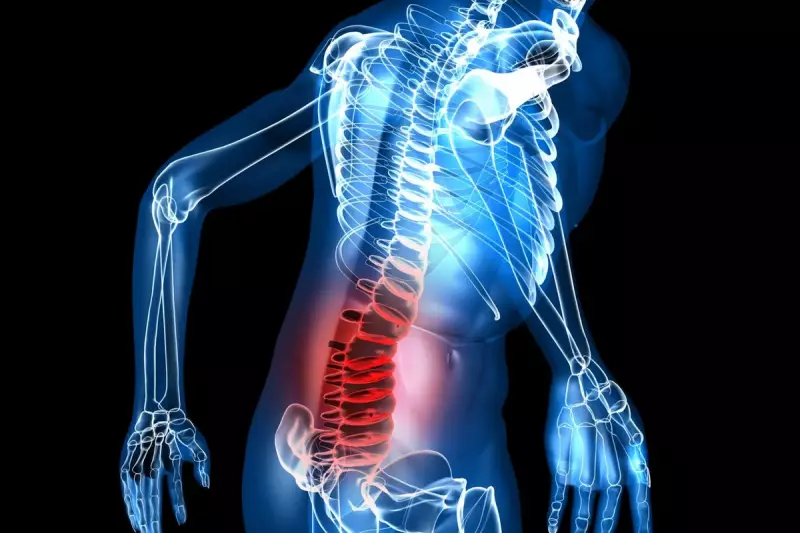
Millions of people suffering from chronic back pain may find relief through an unexpected avenue: psychotherapy. A groundbreaking study suggests that cognitive behavioural therapy (CBT) could significantly reduce pain levels, offering a potential alternative to medication or surgery.
A New Approach to Pain Management
Researchers have discovered that addressing the psychological aspects of chronic pain through CBT can lead to measurable improvements. This talking therapy helps patients reframe negative thought patterns about their pain, potentially reducing its intensity and impact on daily life.
How the Study Worked
The research involved participants who had experienced back pain for at least six months. Those who underwent CBT reported:
- Reduced pain intensity
- Improved physical function
- Better quality of life
- Decreased reliance on pain medication
Why This Matters
Chronic back pain affects approximately 16 million adults in the UK, costing the NHS billions annually. Current treatments often focus on physical interventions, but this study highlights the importance of psychological factors in pain perception.
Expert Opinion
"The mind-body connection in chronic pain is stronger than we previously understood," explains Dr. Sarah Wilkinson, a pain specialist unaffiliated with the study. "This research opens exciting possibilities for more holistic treatment approaches."
What's Next?
While more research is needed to determine long-term effects, these findings could lead to:
- Greater integration of mental health support in pain clinics
- New NHS treatment guidelines
- Reduced opioid prescriptions for chronic pain
The study adds to growing evidence that psychological therapies can have tangible physical benefits, challenging traditional approaches to pain management.





